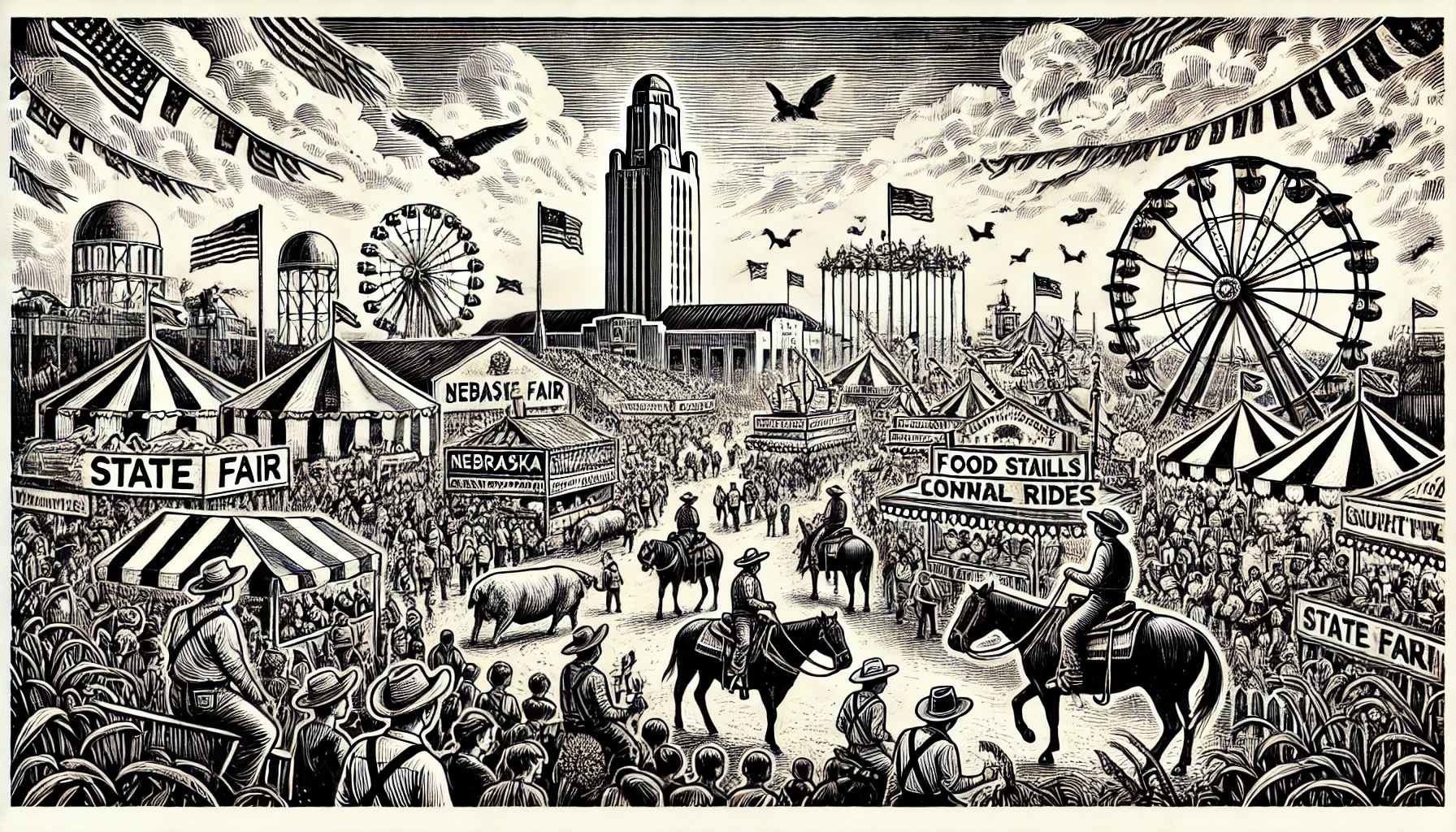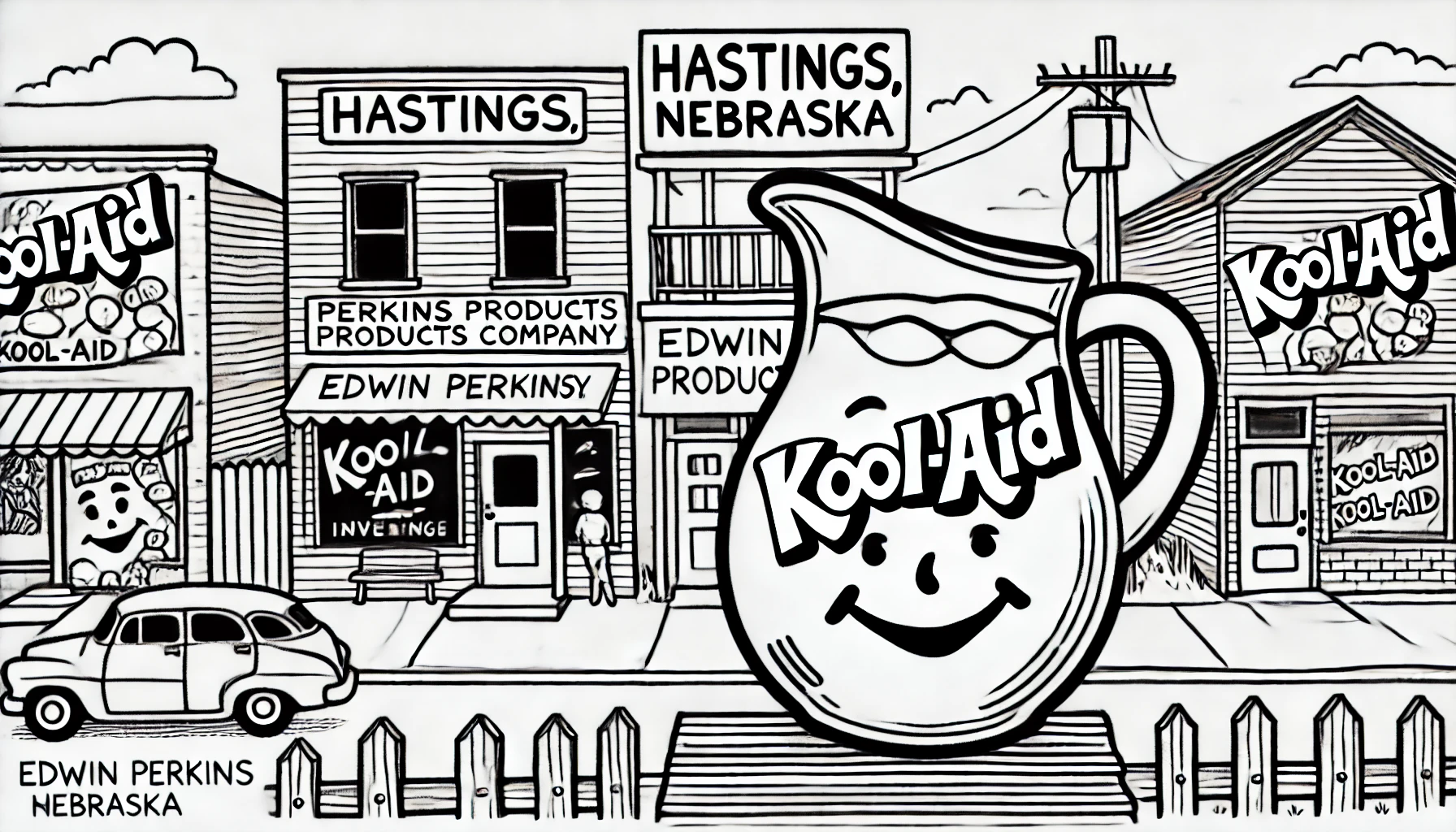Agritourism in Rural Nebraska Accommodations

Traveling through rural Nebraska often means witnessing the state's rich agricultural heritage, with rolling fields, quaint farmhouses, and bustling farmers' markets. For those seeking a more immersive experience, agritourism offers a chance to engage with local producers, learn about sustainable farming practices, and participate in hands-on agricultural activities. Agritourism, a form of experiential tourism, combines agriculture and tourism, allowing visitors to support local farmers while gaining a deeper understanding of rural life.
In Nebraska, agritourism takes on many forms, from pick-your-own vegetable farms to corn mazes and pumpkin patches. At the Arbor Day Farm in Nebraska City, visitors can explore the historic orchards, learn about sustainable forestry practices, and participate in tree-planting activities. The farm also offers overnight accommodations in its on-site lodge or treehouse village, providing a unique opportunity to experience rural life amidst the picturesque countryside. Similarly, the Rocommon River Ranch near West Point offers farm stays, where guests can participate in daily farm chores, learn about livestock management, and enjoy homemade meals prepared with locally sourced ingredients.
Agritourism can also be a valuable economic tool for rural communities, providing a supplementary income stream for farmers and supporting local businesses. In Holt County, the At Work farming collective offers farm stays, workshops, and field days, where visitors can learn about regenerative agriculture and participate in hands-on activities such as composting and livestock management. The collective also collaborates with local restaurants and cafes, providing them with fresh, locally sourced produce and promoting the importance of sustainable agriculture in the community.
While agritourism offers many benefits for rural communities, it also raises important questions about the impact of tourism on local ecosystems and the long-term sustainability of these initiatives. In the case of Nebraska's Sandhills Region, the fragile ecosystem and delicate water table require careful management to ensure that agritourism activities do not compromise the region's natural resources. To address these concerns, many agritourism operators in the state are adopting environmentally friendly practices, such as renewable energy systems and sustainable water management.
As agritourism continues to grow in popularity, it is essential that rural communities balance the economic benefits of this industry with the need to preserve their natural and cultural heritage. In Nebraska, agritourism provides a unique opportunity for visitors to engage with rural life, support local farmers, and learn about sustainable agriculture practices. By choosing agritourism accommodations and activities, travelers can contribute to the state's agricultural economy while also helping to promote environmental sustainability and preserve the cultural heritage of rural Nebraska.
One notable example of agritourism in Nebraska is the Henry Doorly Zoo and Aquarium's Farm the Doorly Way program, which offers educational workshops and activities focused on sustainable agriculture and animal husbandry. Participants can learn about the zoo's efforts to reduce its environmental impact through sustainable farming practices, and how these strategies can be applied to their own communities.
Agritourism also provides opportunities for cross-cultural exchange and collaboration between urban and rural communities. In Nebraska, the College of Agricultural Sciences and Natural Resources at the University of Nebraska-Lincoln offers programs and workshops that bring together farmers, researchers, and students to discuss the challenges and opportunities facing rural agriculture. These initiatives promote a deeper understanding of the complex relationships between agriculture, community, and the environment, and offer valuable insights for those interested in exploring agritourism in rural Nebraska.
In conclusion, agritourism in rural Nebraska offers a rich and immersive experience for travelers, providing opportunities to engage with local farmers, learn about sustainable agriculture practices, and participate in hands-on activities. By choosing agritourism accommodations and activities, visitors can contribute to the state's agricultural economy while also promoting environmental sustainability and preserving the cultural heritage of rural Nebraska.
In Nebraska, agritourism takes on many forms, from pick-your-own vegetable farms to corn mazes and pumpkin patches. At the Arbor Day Farm in Nebraska City, visitors can explore the historic orchards, learn about sustainable forestry practices, and participate in tree-planting activities. The farm also offers overnight accommodations in its on-site lodge or treehouse village, providing a unique opportunity to experience rural life amidst the picturesque countryside. Similarly, the Rocommon River Ranch near West Point offers farm stays, where guests can participate in daily farm chores, learn about livestock management, and enjoy homemade meals prepared with locally sourced ingredients.
Agritourism can also be a valuable economic tool for rural communities, providing a supplementary income stream for farmers and supporting local businesses. In Holt County, the At Work farming collective offers farm stays, workshops, and field days, where visitors can learn about regenerative agriculture and participate in hands-on activities such as composting and livestock management. The collective also collaborates with local restaurants and cafes, providing them with fresh, locally sourced produce and promoting the importance of sustainable agriculture in the community.
While agritourism offers many benefits for rural communities, it also raises important questions about the impact of tourism on local ecosystems and the long-term sustainability of these initiatives. In the case of Nebraska's Sandhills Region, the fragile ecosystem and delicate water table require careful management to ensure that agritourism activities do not compromise the region's natural resources. To address these concerns, many agritourism operators in the state are adopting environmentally friendly practices, such as renewable energy systems and sustainable water management.
As agritourism continues to grow in popularity, it is essential that rural communities balance the economic benefits of this industry with the need to preserve their natural and cultural heritage. In Nebraska, agritourism provides a unique opportunity for visitors to engage with rural life, support local farmers, and learn about sustainable agriculture practices. By choosing agritourism accommodations and activities, travelers can contribute to the state's agricultural economy while also helping to promote environmental sustainability and preserve the cultural heritage of rural Nebraska.
One notable example of agritourism in Nebraska is the Henry Doorly Zoo and Aquarium's Farm the Doorly Way program, which offers educational workshops and activities focused on sustainable agriculture and animal husbandry. Participants can learn about the zoo's efforts to reduce its environmental impact through sustainable farming practices, and how these strategies can be applied to their own communities.
Agritourism also provides opportunities for cross-cultural exchange and collaboration between urban and rural communities. In Nebraska, the College of Agricultural Sciences and Natural Resources at the University of Nebraska-Lincoln offers programs and workshops that bring together farmers, researchers, and students to discuss the challenges and opportunities facing rural agriculture. These initiatives promote a deeper understanding of the complex relationships between agriculture, community, and the environment, and offer valuable insights for those interested in exploring agritourism in rural Nebraska.
In conclusion, agritourism in rural Nebraska offers a rich and immersive experience for travelers, providing opportunities to engage with local farmers, learn about sustainable agriculture practices, and participate in hands-on activities. By choosing agritourism accommodations and activities, visitors can contribute to the state's agricultural economy while also promoting environmental sustainability and preserving the cultural heritage of rural Nebraska.
